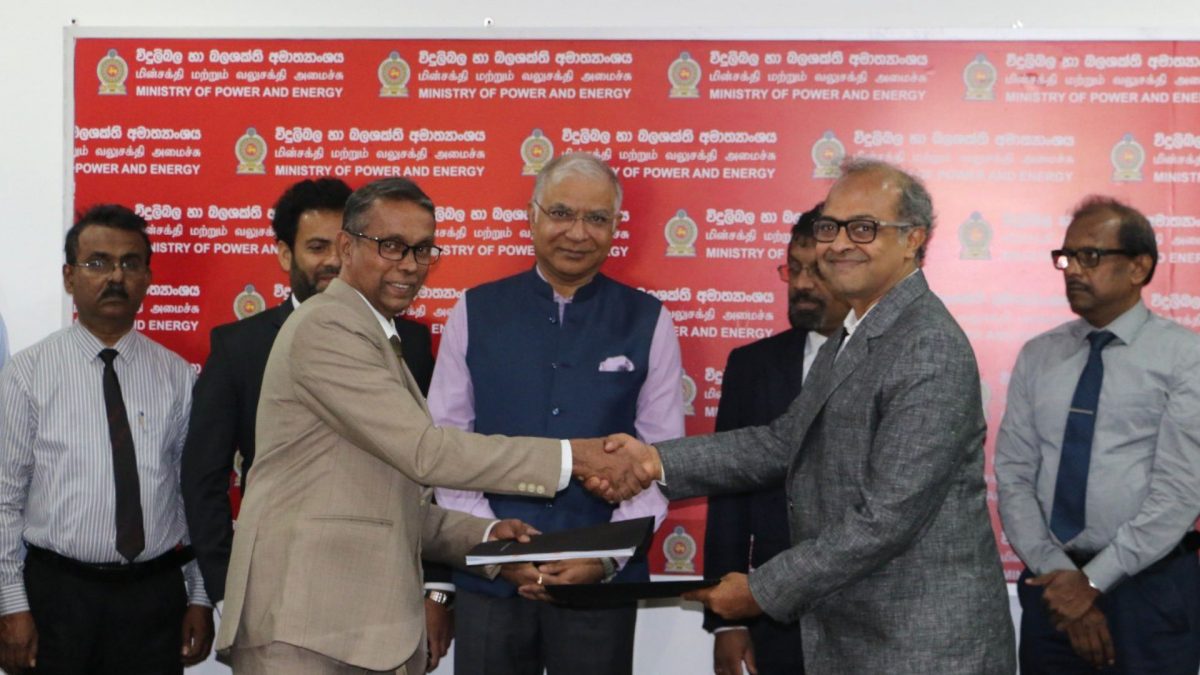New York: Harold ‘Terry’ McGraw III, chief of the powerful US-India Business Council (USIBC), who has the ears of the Obama administration, wrote a letter to the White House deploring the leadership “vacuum” in New Delhi, chipping away at India’s investment climate.
Press Trust of India got hold of the letter which wasn’t meant for public consumption. McGraw, who is the CEO of McGraw-Hill Companies, was quite willing to catch a grinning cobra by the face in hinting that Indian cabinet ministers were so busy dousing fires; they had no time for actual business. As a result, powerful bureaucrats were running the show in Delhi.
“The Compulsory License case, the Procurement bills, the effort to expand the Essential List of Medicines are all examples where there is little political benefit, which indicates that the bureaucracy has a hand in moving these initiatives,” said McGraw, in a letter to Mike Froman who is the deputy national security adviser to president Obama.
Global drug makers are concerned about India lowering the threshold for compulsory licenses. Last month, the Indian Patent Office ended German drug maker Bayer’s monopoly for its Nexavar drug and issued its first-ever compulsory license allowing local generic maker Natco Pharma to make and sell the drug cheaply in India. Bayer spent millions developing Nexavar with US biotech firm Onyx Pharmaceuticals. It is expected to appeal the decision in the Supreme Court.
If pro-India McGraw, CEO of McGraw-Hill Companies, is put off, you can tell how frustrated other business leaders are by the Manmohan Singh government’s stop-go policies. USIBC normally cheers the Indian government and famously engaged the politically well-connected Patton Boggs law firm with a billing rate of $495 an hour to lobby lawmakers in Washington to push the Indian nuclear deal.
“What is apparent is that political power is devolving to strong state leaders, and the vacuum at the Centre is allowing forces in government to move on issues that are harmful to India’s investment climate,” added McGraw in the letter.
McGraw may not say it in so many words, but US business has identified states like Gujarat as business-friendly and given up on New Delhi. In September last year, a report by the US Congressional Research Service primed US lawmakers for the return of the BJP to power in New Delhi, with Gujarat Chief minister Narendra Modi at the helm as prime minister, following what US analysts say is a “precipitous” decline in the Congress party’s fortunes due to a string of corruption scandals.
The report said Gujarat had averaged over 11 percent growth in recent years, well outpacing the national rate. It accounts for 5 percent of India’s 1.2 billion people but 22 percent of the country’s exports. Modi has tackled corruption by streamlining “economic processes, removing red tape,” according to the report.
Reflecting concerns in the US business community, treasury secretary Timothy Geithner on Thursday pressed finance minister Pranab Mukherjee. At a meeting in Washington ahead of the spring meeting of the World Bank, Geithner “noted that certain tax provisions in India’s fiscal year 2013 budget have raised significant concern amongst US industry.”
It remains to be seen whether the earful from Geithner and a slew of foreign business groups will help Vodafone, the UK telecomm group, fend off a large tax bill that would be imposed on its 2007 purchase of Hutchison Essar as a result of the legislation.
Foreign investors are also worried that GAAR could override India’s tax treaty with Mauritius which exempts capital gains from being doubly taxed. Most foreign funds invest in Indian stocks and bonds through Mauritius.
Revenue secretary R.S Gujral told CNBC-TV18 on Thursday that foreign investors have asked the government to make tax authorities solely responsible for proving the motive of such transactions. “This is an issue we are considering. Let us see how best we can address this concern,” he said.
A number of commentators, including The Wall Street Journal interpreted Gujral’s words as “not exactly a capitulation, but it is a small sign that the torrent of protest that has washed over New Delhi since these proposals were made public may finally be having some impact.”


)




)
)
)
)
)
)
)
)